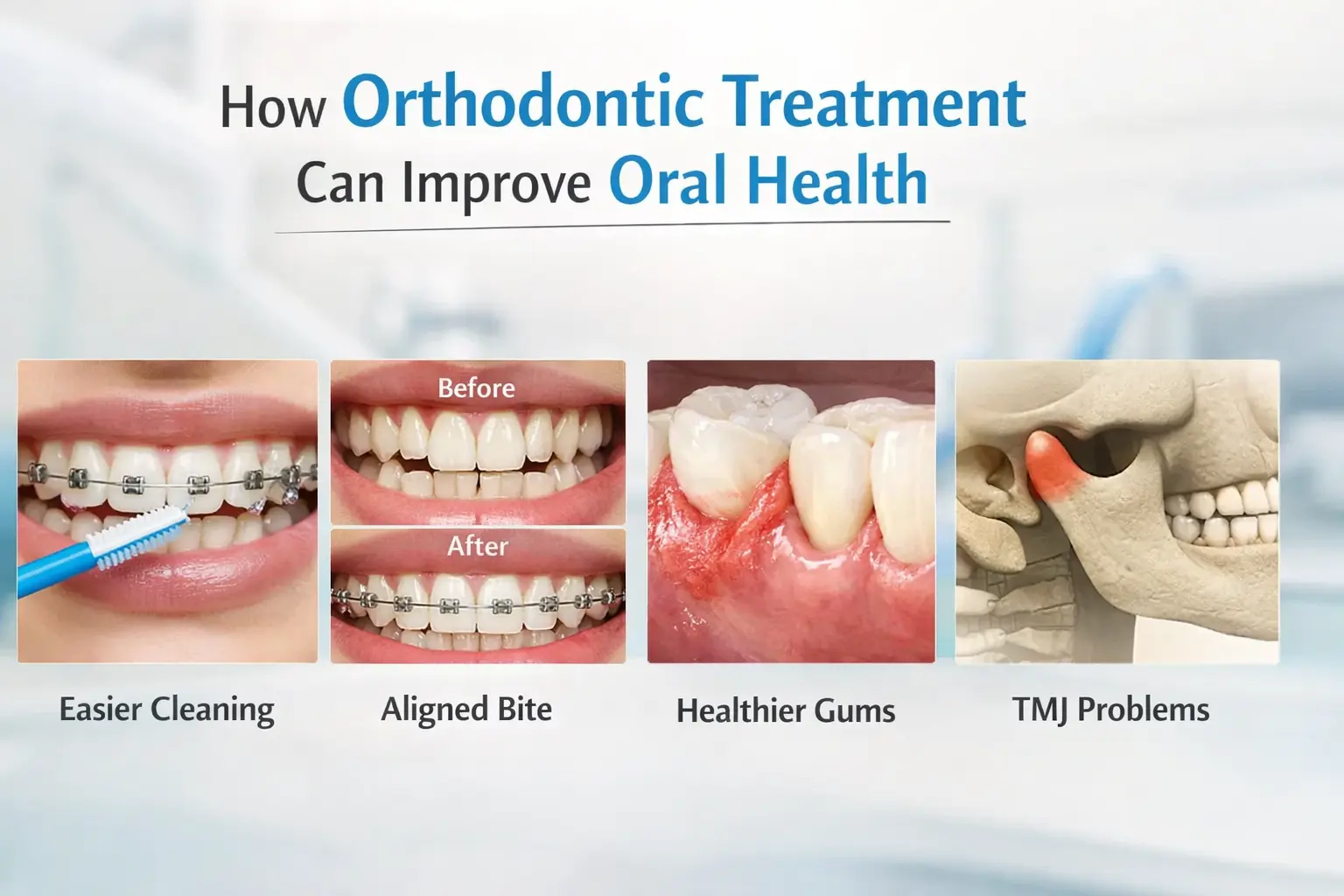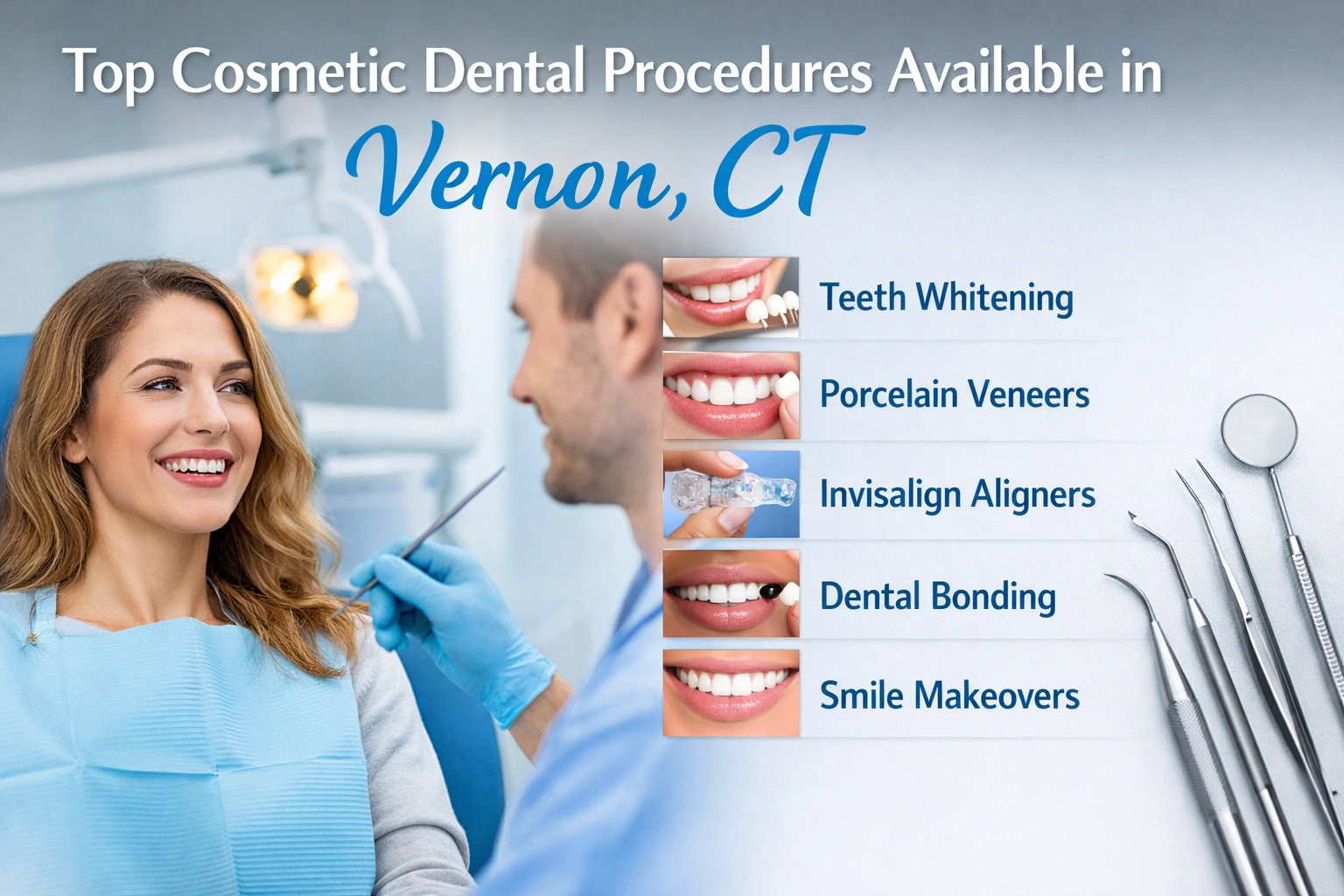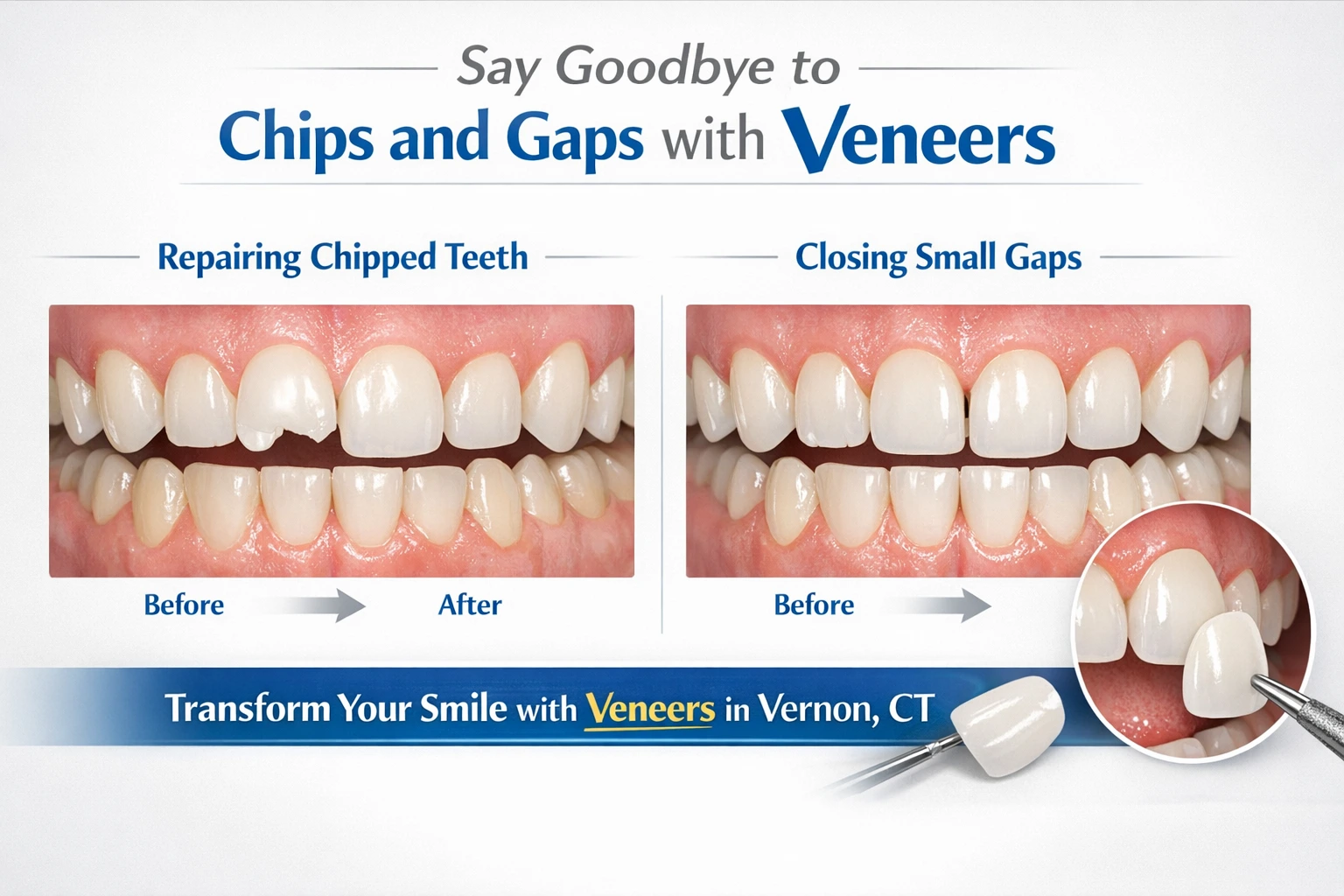
September 5, 2025
Dental Implants
Dental implant procedures restore smiles. However, they require patience in the healing process. Healing depends on factors such as the health of your gums, the density of your jawbone, and how you care for yourself afterwards. Most people expect overnight recovery. However, dental implant recovery is a series of precisely timed stages.
Sudden complications like swelling or tenderness can catch patients off guard in the early days of recovery. Precise planning results in less traumatic surgery, better integration of the dental implants, and long-term oral health.
The First 24-48 Hours After Surgery
Some oozing and swelling are common following a dental implant procedure. The pain is most severe on the first day. However, it improves with medication and rest as directed. Patients should relax and avoid strenuous activity and adhere to all dental implant postoperative guidelines.
Soft foods such as applesauce, yogurt, and smoothies provide added comfort and shield healing tissue. Alcohol, hot beverages, and smoking can adversely affect the integration of the implant and should be avoided.
The First Week of Healing
Bruising and soreness typically occur in the area of surgery during the first week. Stitches near the dental implant are cleaned lightly to prevent infection. Rinse with antibacterial mouthwash and brush gently without irritating healing tissues.
See your dentist if pain is worsening or if abnormal discharge is observed at the site of the implant. Monitoring the healing of dental implants in Vernon closely prevents complications and allows for a faster return of oral function.
Osseointegration: The Hidden Healing Phase
The process of osseointegration is when an implant anchors into the surrounding bone tissue in the jaw. The idea is to make oral implant surgery strong enough to act as natural roots. Bone grows around the surface of an implant and effectively secures it.
This healing time is between three and six months with regard to patient health as well as bone quality. A dental implant is placed under the gum, and over several months, the surrounding tissues heal.
Why It’s Critical for Implant Success
Successful osseointegration offers stability and prevents movement or failure of the implant. Osseointegration stabilizes the bite and allows patients to chew with confidence and without discomfort.
This bonding protects the surrounding bone from resorption and maintains natural facial contours. Without osseointegration, the dental implant does not have long-term strength or consistent function. Proper healing during this phase guarantees long-term results and improved oral health.
How to Support Your Healing Process
Nutrition Tips
Soft foods and protein-containing foods support bone recovery in dental implant healing. Fluid consumption prevents complications and ensures healthy tissues during recuperation. Smoking and alcohol consumption need to be avoided to safeguard the dental implant site against infection risk.
Oral Care Routine
Careful toothbrushing with a soft-bristle toothbrush for up to around-the-dental-implant cleaning. Antimicrobial mouth rinses and periodic cleanings by a dentist inhibit bacterial buildup.
Lifestyle Changes
Preserve the dental implants in Vernon from teeth grinding and night guard wear if prescribed. Long-standing illnesses such as diabetes must be treated with care for dental implant healing to be successful.
Healing from a dental implant is time-consuming but provides healthy, natural results. The majority of patients adjust well if following professional guidance and practicing adequate oral care practices.
Seek advice from your local dentist for a personalized dental implant consultation and easier recovery processes.
Recent Posts

Top 5 Reasons Vernon Residents Should Consider Early Airway Orthodontic Screening

How Orthodontic Treatment Can Improve Oral Health

Top Cosmetic Dental Procedures Available in Vernon, CT

How Veneers Address Structural Imperfections Like Chips And Small Gaps

